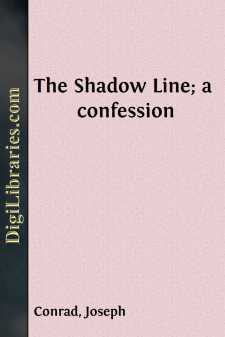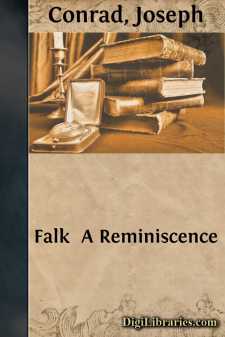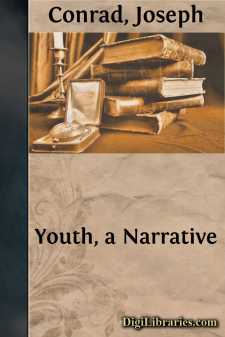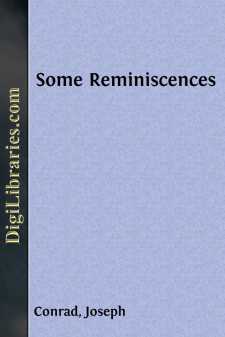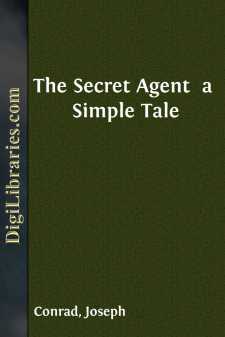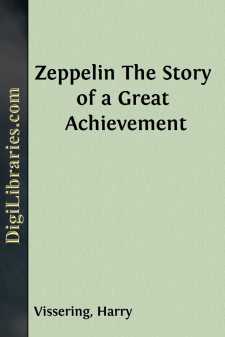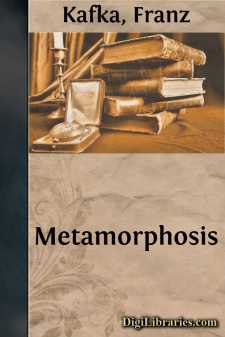Categories
- Antiques & Collectibles 13
- Architecture 36
- Art 48
- Bibles 22
- Biography & Autobiography 813
- Body, Mind & Spirit 141
- Business & Economics 28
- Children's Books 12
- Children's Fiction 9
- Computers 4
- Cooking 94
- Crafts & Hobbies 4
- Drama 346
- Education 46
- Family & Relationships 57
- Fiction 11826
- Games 19
- Gardening 17
- Health & Fitness 34
- History 1377
- House & Home 1
- Humor 147
- Juvenile Fiction 1873
- Juvenile Nonfiction 202
- Language Arts & Disciplines 88
- Law 16
- Literary Collections 686
- Literary Criticism 179
- Mathematics 13
- Medical 41
- Music 40
- Nature 179
- Non-Classifiable 1768
- Performing Arts 7
- Periodicals 1453
- Philosophy 64
- Photography 2
- Poetry 896
- Political Science 203
- Psychology 42
- Reference 154
- Religion 513
- Science 126
- Self-Help 83
- Social Science 81
- Sports & Recreation 34
- Study Aids 3
- Technology & Engineering 59
- Transportation 23
- Travel 463
- True Crime 29
The Inheritors
by: Joseph Conrad
Categories:
Description:
Excerpt
CHAPTER ONE
"Ideas," she said. "Oh, as for ideas—"
"Well?" I hazarded, "as for ideas—?"
We went through the old gateway and I cast a glance over my shoulder. The noon sun was shining over the masonry, over the little saints' effigies, over the little fretted canopies, the grime and the white streaks of bird-dropping.
"There," I said, pointing toward it, "doesn't that suggest something to you?"
She made a motion with her head—half negative, half contemptuous.
"But," I stuttered, "the associations—the ideas—the historical ideas—"
She said nothing.
"You Americans," I began, but her smile stopped me. It was as if she were amused at the utterances of an old lady shocked by the habits of the daughters of the day. It was the smile of a person who is confident of superseding one fatally.
In conversations of any length one of the parties assumes the superiority—superiority of rank, intellectual or social. In this conversation she, if she did not attain to tacitly acknowledged temperamental superiority, seemed at least to claim it, to have no doubt as to its ultimate according. I was unused to this. I was a talker, proud of my conversational powers.
I had looked at her before; now I cast a sideways, critical glance at her. I came out of my moodiness to wonder what type this was. She had good hair, good eyes, and some charm. Yes. And something besides—a something—a something that was not an attribute of her beauty. The modelling of her face was so perfect and so delicate as to produce an effect of transparency, yet there was no suggestion of frailness; her glance had an extraordinary strength of life. Her hair was fair and gleaming, her cheeks coloured as if a warm light had fallen on them from somewhere. She was familiar till it occurred to you that she was strange.
"Which way are you going?" she asked.
"I am going to walk to Dover," I answered.
"And I may come with you?"
I looked at her—intent on divining her in that one glance. It was of course impossible. "There will be time for analysis," I thought.
"The roads are free to all," I said. "You are not an American?"
She shook her head. No. She was not an Australian either, she came from none of the British colonies.
"You are not English," I affirmed. "You speak too well." I was piqued. She did not answer. She smiled again and I grew angry. In the cathedral she had smiled at the verger's commendation of particularly abominable restorations, and that smile had drawn me toward her, had emboldened me to offer deferential and condemnatory remarks as to the plaster-of-Paris mouldings. You know how one addresses a young lady who is obviously capable of taking care of herself. That was how I had come across her. She had smiled at the gabble of the cathedral guide as he showed the obsessed troop, of which we had formed units, the place of martyrdom of Blessed Thomas, and her smile had had just that quality of superseder's contempt. It had pleased me then; but, now that she smiled thus past me—it was not quite at me—in the crooked highways of the town, I was irritated....





